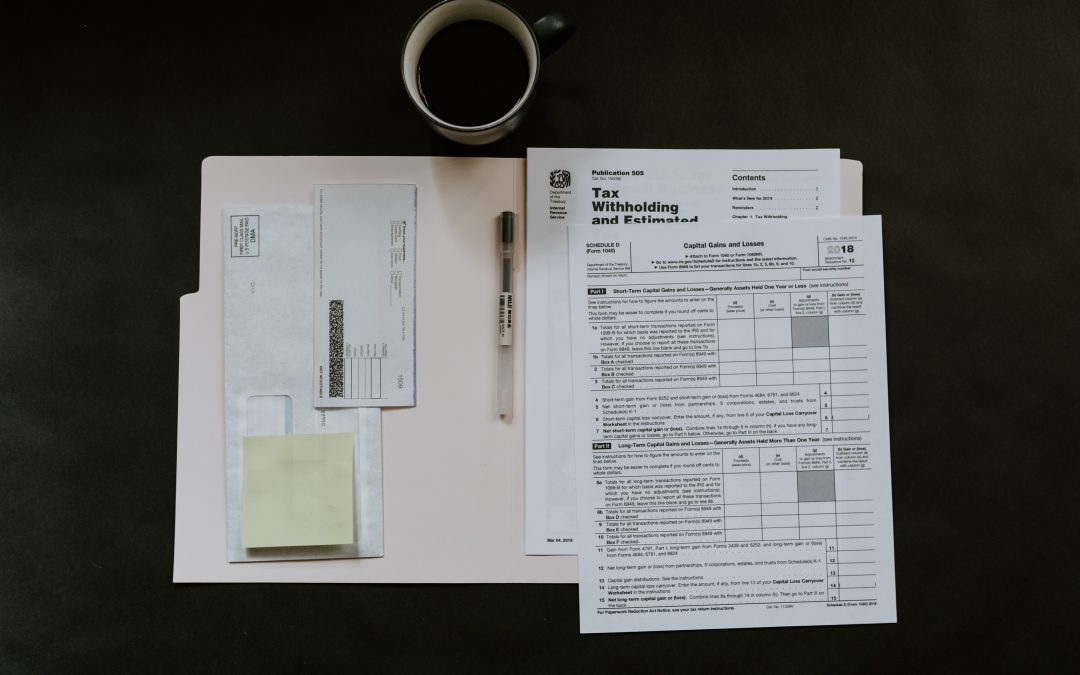Do you need a CPA? Or will a regular accountant do?
Now that you’re a homeowner, your taxes may have gotten more complicated. And you may be asking yourself, “Do I need an accountant?” And if you do, should you hire a certified public accountant (CPA)? And what’s the difference between a CPA an accountant?
Here’s some information to help you.
The Differences Between CPAs and Other Tax Experts
First you need to know there are different types of tax experts. And not all accountants are CPAs. So if you’re thinking that an independent CPA and someone at H&R Block or Jackson Hewitt (or your buddy who studied accounting in college) are pretty much the same, don’t count on it. Basically,
- An accountant is someone who studied accounting.
- CPAs are accountants who pass rigorous testing from their state board on a regular basis. The designation usually requires a degree. Not every CPA specializes in taxes.
- An enrolled agent, or EA, is an accountant who has received certification from the IRS. Being an EA doesn’t require a degree like CPA. But it does verify they know tax law.
- A tax preparer at pop-ups like H&R Block or Jackson Hewitt is trained on tax software to help taxpayers file their returns. They aren’t required to be CPAs or EAs.
- Only CPAs and EAs can legally represent you if the IRS challenges your return.
There’s nothing wrong with visiting a pop-up preparer like H&R Block if your return isn’t all that complicated, said Cathy Derus, CPA and founder of Brightwater Accounting in Illinois.
“It’s when you start generating other income — perhaps you launch a business or own rental property — [or experience a big financial change] when it makes sense to ask for a little extra help,” she said.
When It’s A Good Idea to Hire a Tax Pro
When you buy your first house. Many of the expenses related to buying a home and having a mortgage are deductible. But only if you itemize. And that’s what the experts are best at.
When you move to a new state. There’s a good chance you’ll have to file two state returns for the year you move. And each state is a little bit different in terms of state tax owed — zero in some states, a flat amount in others, and graded by income bracket in most.
When you become a landlord. “When you own investment property, you become a small business owner,” said Stewart. That means new records to keep and a new tax form, Schedule E, to complete.
When you buy a vacation property. Especially if you rent it. And especially if it’s in a different state.
When you work from home. There’s a lot of potential money-saving deductions that can vary widely depending on the type of business and how much space it takes up in your home.
“If you have a you can deduct for the square footage you use for work as well as a portion of your utilities, mortgage interest, and property taxes,” said Stewart.
When your home’s value is reassessed. The tax man doesn’t always get it right, and sometimes your home may be valued at more than it should be. An expert will be able to pull the data together to appeal it.
So, How Much Do Accountants Cost?
H&R Block will do your taxes for about $150, while a CPA or EA may add $100 or more to that fee. The average fee for itemizers is just under $300; for non-itemizers, it’s a bit under $200 on average). But paying $400 or more isn’t unusual.
You can definitely DIY all these tax scenarios and save the fees, but with CPAs and EAs, the extra cost may be worth it. Especially if you run your own business. Or you own more than one home.
“An accountant can help you analyze your spending choices and even act as a consultant,” said Stewart. Best of all, they’ll be by your side if the tax man ever comes after you. That alone could be priceless if the time comes.
Oh, and one last tip: If you decide you want to hire a CPA or EA, best not to wait until the last minute. You may not find one.

